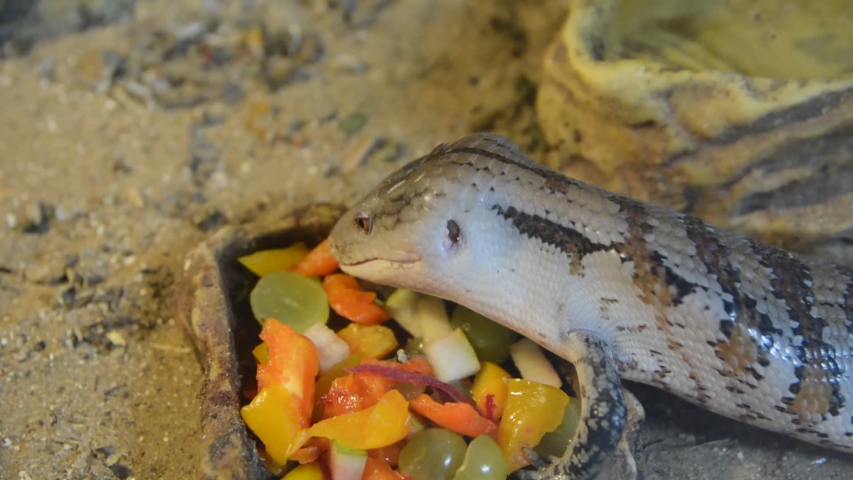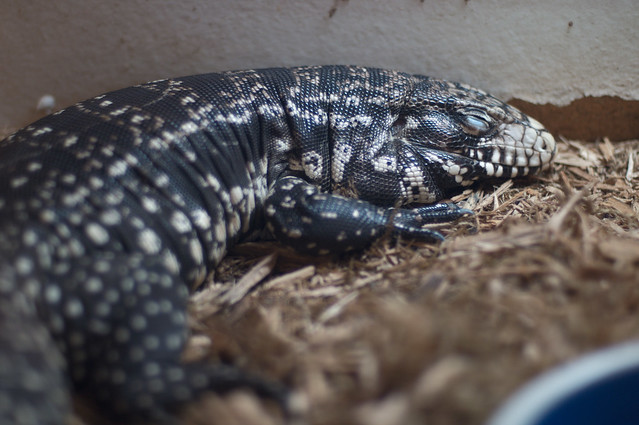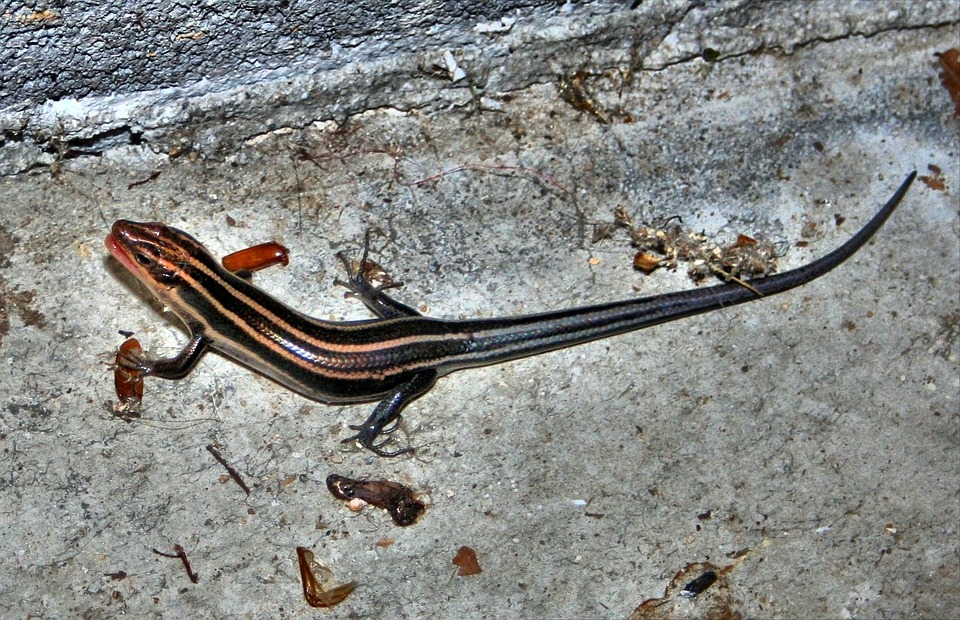
Pink Tongue Skink Care: A Comprehensive Guide
Pink tongue skinks, also known as Cyclodomorphus gerrardii, are fascinating reptiles that make great pets. With their unique pink tongues and docile nature, they are popular among reptile enthusiasts. However, proper care is essential to ensure their health and well-being. In this guide, we will walk you through everything you need to know about pink tongue skink care.
Housing and Habitat
Creating the ideal habitat for your pink tongue skink is crucial. Here’s what you need to consider:
-
Terrarium Size: Pink tongue skinks require a spacious enclosure. A 20-gallon tank is suitable for a juvenile, while an adult should have a tank at least 40 gallons in size. Make sure the enclosure has a secure lid to prevent escape.
-
Substrate: Use a mix of coconut fiber, sphagnum moss, and organic topsoil as the substrate. This combination will mimic their natural environment and allow for burrowing.
-
Temperature and Lighting: Maintain a temperature gradient between 75-85°F (24-29°C) during the day and 65-75°F (18-24°C) at night. Use a basking lamp to provide a warm spot of 90-95°F (32-35°C). UVB lighting is essential for their overall health and calcium metabolism.
-
Humidity: Keep the humidity levels between 60-80%. Regular misting and providing a humid hide will help maintain the required humidity levels.
Feeding and Nutrition
A well-balanced diet is crucial for the health of your pink tongue skink. Here’s what you need to know:
-
Insect-based Diet: Pink tongue skinks are insectivores and primarily feed on invertebrates. Offer a variety of live insects such as crickets, roaches, and mealworms.
-
Supplements: Dust the insects with a calcium supplement containing vitamin D3 at least twice a week. This will prevent the development of metabolic bone disease.
-
Vegetables and Fruits: Offer a small amount of fruits and vegetables that are safe for skinks. Leafy greens, berries, and squash can be included in their diet occasionally.
-
Water: Ensure a shallow water dish is available at all times. Clean and replenish the water daily to maintain cleanliness.
Handling and Enrichment
Pink tongue skinks can be timid initially, but with time they can become accustomed to handling. Follow these guidelines for safe handling:
-
Give Them Time: Allow your skink to settle into its new environment for a week or two before attempting handling. This will help reduce stress.
-
Gentle Approach: When handling, use a calm and gentle approach. Support the skink’s body properly to avoid any harm or distress.
-
Enrichment: Provide hiding spots, branches, and natural decor to create an enriching environment. Pink tongue skinks appreciate climbing, so make sure to include branches and perches.
Health and Veterinary Care
Regular health check-ups and attention to their well-being are crucial for pink tongue skinks. Consider the following:
-
Veterinary Check-ups: Schedule regular visits with a reptile-savvy veterinarian to ensure early detection of any health issues.
-
Watch for Signs of Illness: Be vigilant for signs of illness such as loss of appetite, weight loss, abnormal feces, or lethargy. Address any concerns promptly.
-
Quarantine New Additions: If introducing a new skink to your existing enclosure, quarantine them for several weeks to prevent the spread of diseases.
In Conclusion
Proper care and attention are essential to keep your pink tongue skink happy and healthy. By providing a suitable habitat, a balanced diet, enrichment, and regular veterinary care, you can ensure a long and fulfilling life for your scaly friend. Remember, each skink has unique needs, so always observe and cater to their individual preferences. Happy skink keeping!
Keep Reading

Argentine Black and White Tegu Care: Essential Tips for Lizard Owners
As a lizard lover, you might have found yourself fascinated by the Argentine Black and White Tegu. These impressive reptiles make incredible pets, but they require proper care and attention to thrive in captivity.

Five Lined Skink Care: A Comprehensive Guide
Are you considering getting a five lined skink as a pet? These fascinating reptiles make great companions, but they do require specific care to keep them healthy and happy.